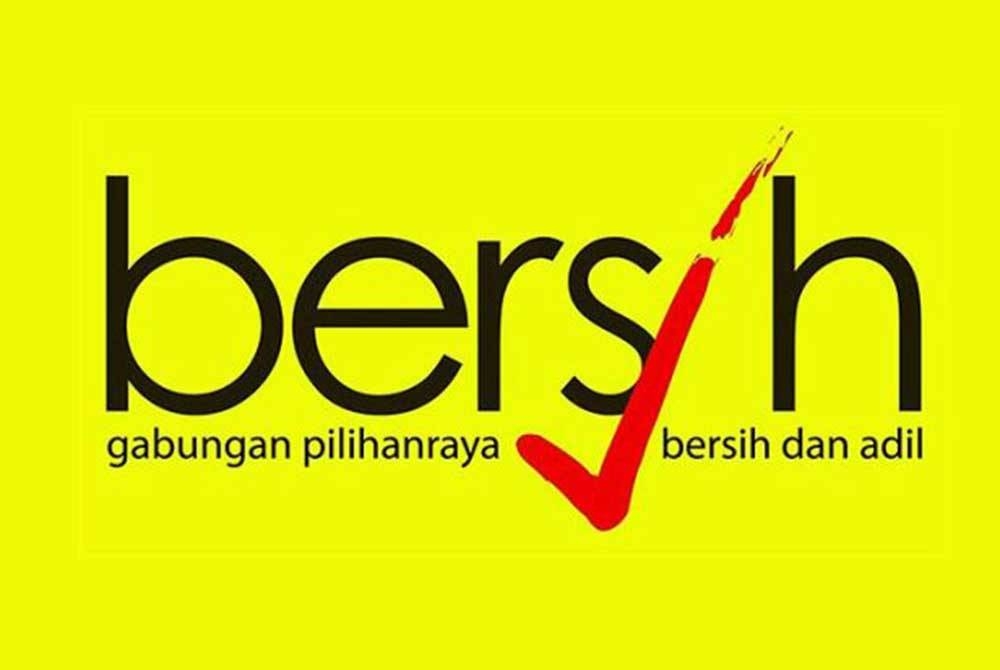Bribery, vote buying, intimidation, excessive spending in GE 15, says Bersih report

SHAH ALAM - Harrasment, abuse of government resources, bribery, vote buying,excessive election spending and intimidation were some of the major offences listed by election watchdog Bersih during the 15th general election (GE15).
It recorded aggressive campaigning, commotion, and harassment with the Bersih team documenting 21 instances of violence and intimidation during the election.
Disruptive incidents at political gatherings, events and statements with excessively racial or religious content were recorded.
There was also abuse of government resources. This included schools, hospitals, and police stations, as well as public employees and vehicles.
Promises on new financial policies such as debt relief, new allowances, financial assistance from the government, groundbreaking ceremonies, campaigning during official government events, and the use of government-owned social media for campaigning were recorded.
Another major offence is bribery and vote-buying, which can be defined as any as giving money by candidates and political parties, in exchange for votes.
It also received reports on bribery and buying votes. However, this team is unable to determine whether bribery and vote-buying activities increased or decreased in the GE15 due to a lack of data.
On the other hand, excessive election spending would be the fourth major offence during GE15.
Bersih’s Monitoring Team received seven complaints of possible overspending on campaigns. The maximum amount that can be spent on voting is RM200,000 for a constituency and RM10,000 for a state seat. Billboard candidate posters, food banquets like open houses, and the distribution of expensive products are a few campaign expenditures that may be deemed excessive.
Other common offences included giving away food at community centres; giving away free oil change for cars and motorbikes, giving away food and other essentials.
Bersih's six recommendations
The watchdog has called on the government to enact a fixed-term Parliament Act to esnure political stability. This law will, among other things, include the length of the legislative session and mandate that, in order to dissolve Parliament before the end of its term, the Prime Minister must first receive the approval of two-thirds of the Dewan Rakyat. All those directly or indirectly involved in the election, particularly the Election Commission, would benefit from improved preparation thanks to this.
A second improvement would be an amendment to the Election Offences Act. The Election Offences Act of 1954 needs to be updated because it is out-of-date and has significant flaws, according to Bersih. The amendment clarifies the meaning of some election offences in the Act and adds new offences like misusing government apparatus and resources. Additionally, it is advised to make changes to give the Election Commission legal authority. (EC).
Next is on establishing a Parliamentary Standing Committee (PPSC) on Electoral Reform.
Bersih suggests creating the PPSC so that the Parliament can have supervision over the Election Commission and other election-related issues.
Enhancing the OKU Election Process for People with Disabilities: In particular, Bersih suggests changes to ensure that important election information and political party manifestos are delivered to the OKU communities in order to ensure a more inclusive electoral process for OKU.
Additionally, it's critical that the EC upgrade the minimal infrastructure for OKU electors on election day.
Bersih has also suggested the improvement of the postal voting process to accommodate the increasing number of postal voters. The enormous number of postal voters is too many for the present manual method and capacity of the EC to handle. As an alternative to waiting for ballots to be delivered to their homes, Bersih suggests using technology to let overseas postal voters download and print their ballots.
Finally, Bersih proposes improving election observation by improving election observer recruitment and training. Similar to other election positions like poll clerks or presiding officers, applications for election observers can be opened early so that they are better prepared and receive more thorough briefings.










